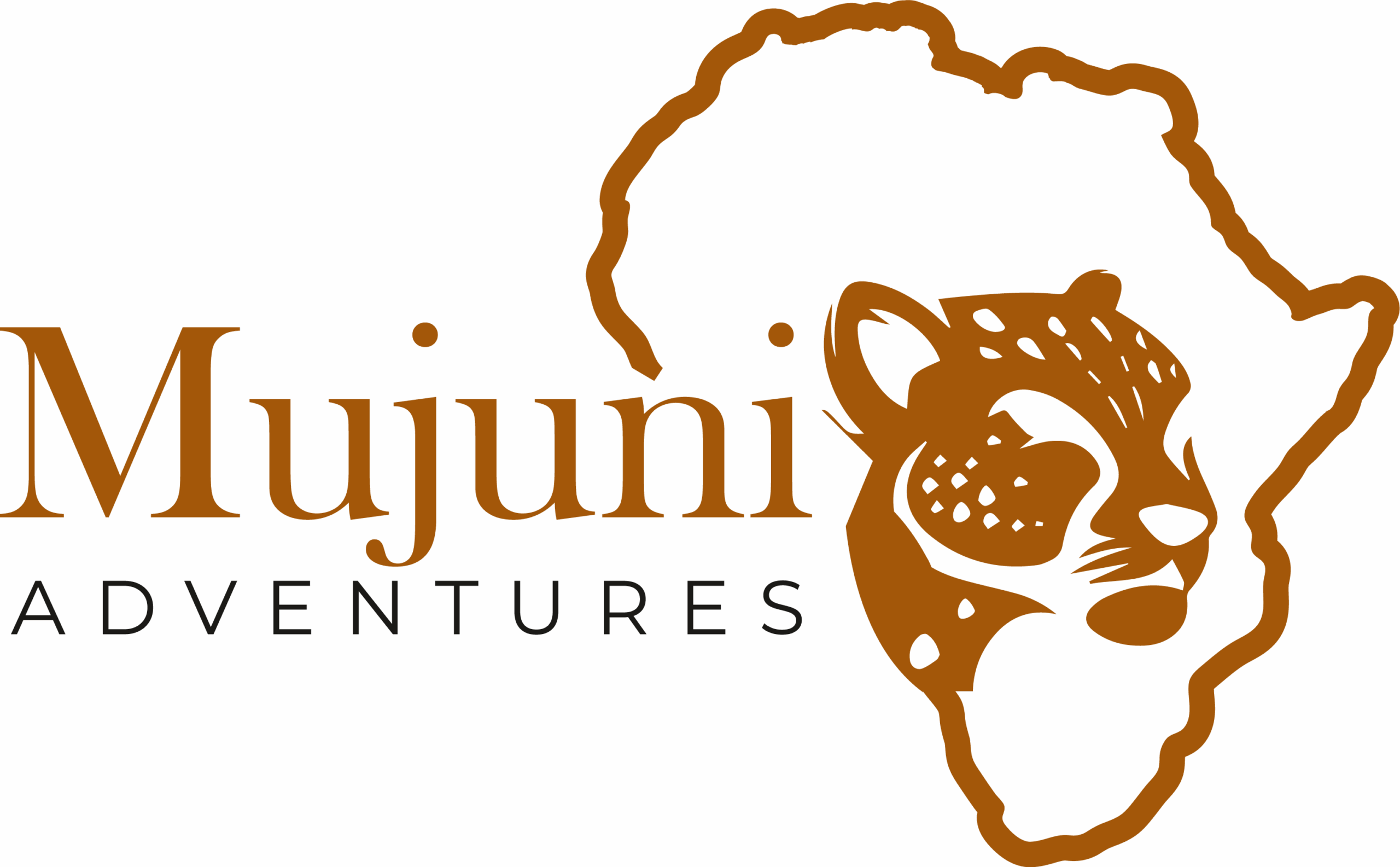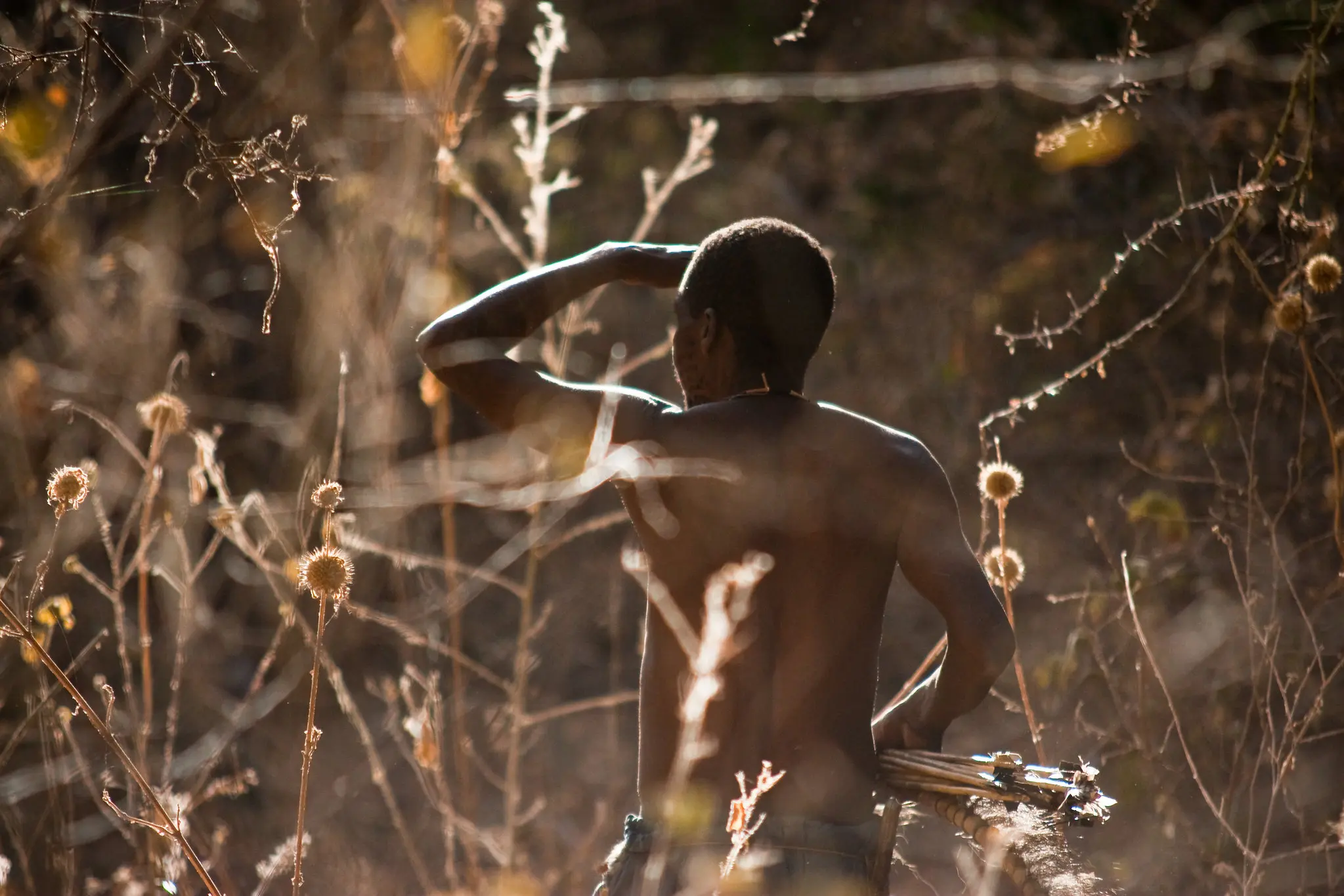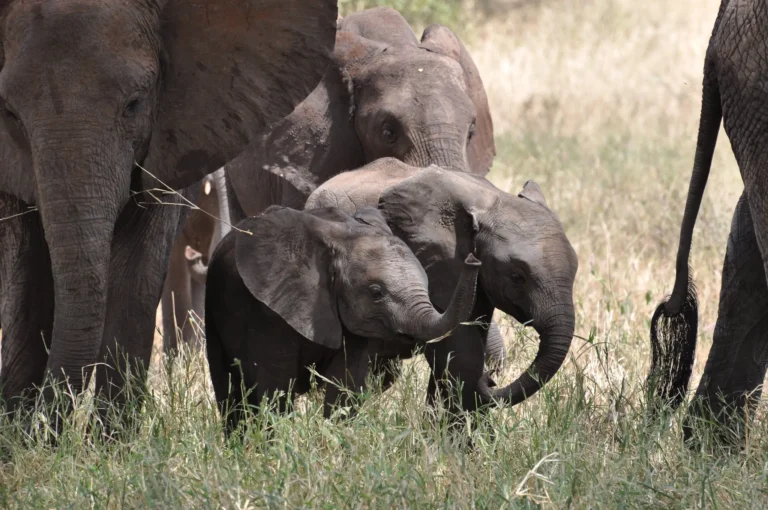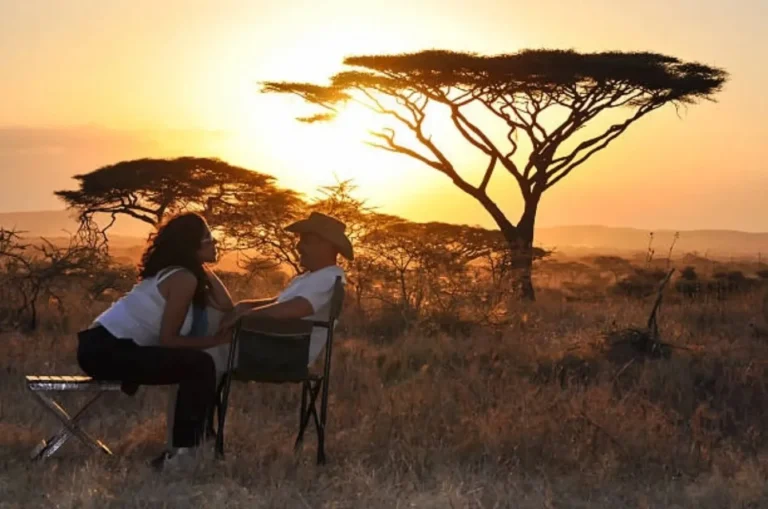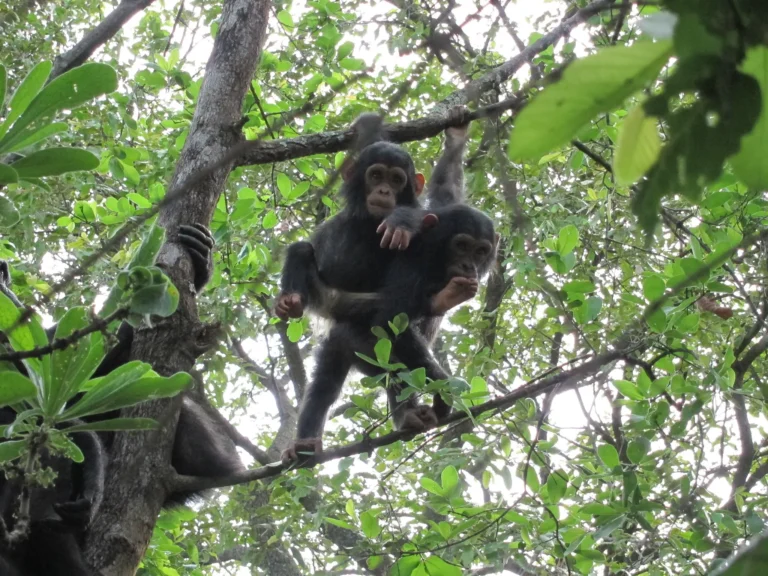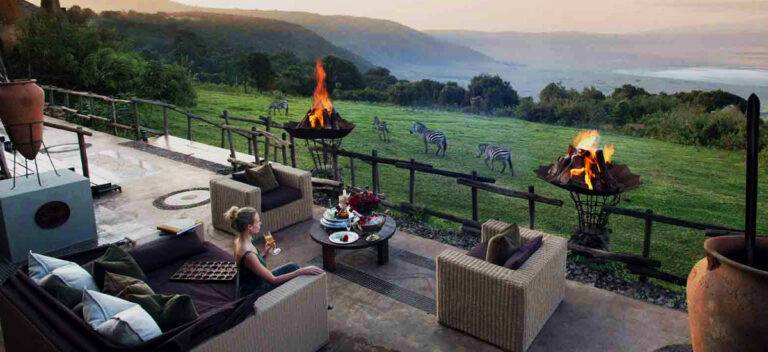Hadzabe tribe
The Hadza, or Hadzabe, tribe is an indigenous ethnic group residing in Tanzania, primarily in the Lake Eyasi region near the Rift Valley. Their unique lifestyle and cultural practices have garnered attention from anthropologists and travelers alike.
Lifestyle:
The Hadza are renowned for their hunter-gatherer lifestyle, which has remained relatively unchanged for thousands of years. They rely on hunting game animals and gathering wild fruits, tubers, and honey for sustenance. Their mobility is a crucial aspect of their survival, as they move to different areas depending on the availability of resources.
Language:
The Hadza language is characterized by clicks, similar to some other Southern African languages. It’s a unique linguistic feature that sets them apart from neighboring tribes.
Social Structure:
Their society is relatively egalitarian, with no centralized authority or formal leadership. Decisions are often made collectively within their small, decentralized camps.
Cultural Significance:
The Hadza have a rich oral tradition, passing down their knowledge and stories through storytelling and song. Their spiritual beliefs often center around nature and their surroundings, and they have unique rituals and dances.
Challenges:
In recent years, the Hadza have faced challenges due to encroachment on their land by agricultural and industrial activities. This threatens their traditional way of life and access to natural resources.
Preservation Efforts:
Efforts have been made by both the Tanzanian government and international organizations to protect the Hadza land rights and cultural heritage. These initiatives aim to balance conservation with the preservation of the Hadza way of life.
In summary, the Hadza tribe is a unique and resilient indigenous group known for their hunter-gatherer lifestyle, distinctive language, and rich cultural traditions. While they face challenges in the modern world, efforts are being made to ensure the preservation of their heritage and way of life.
